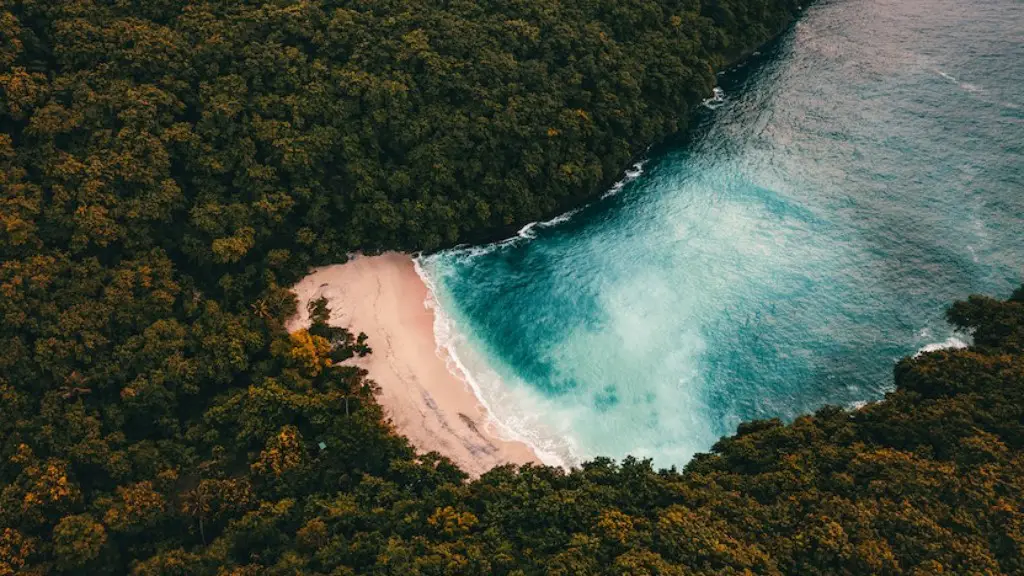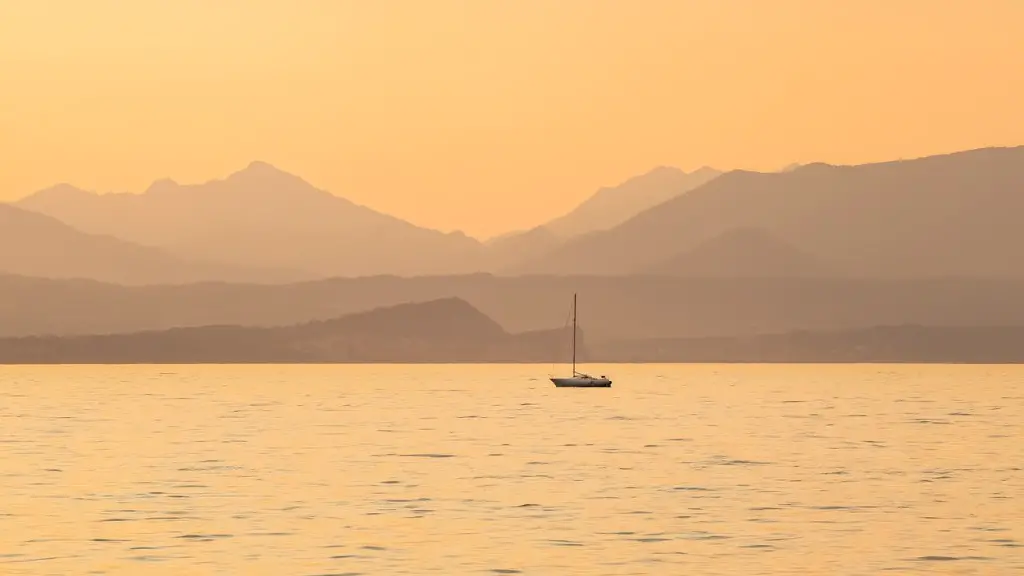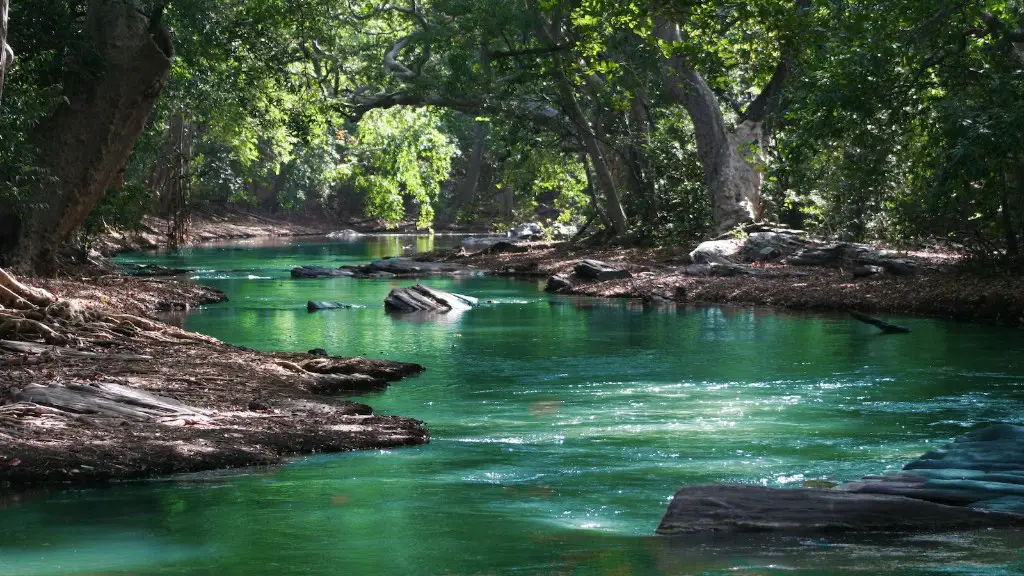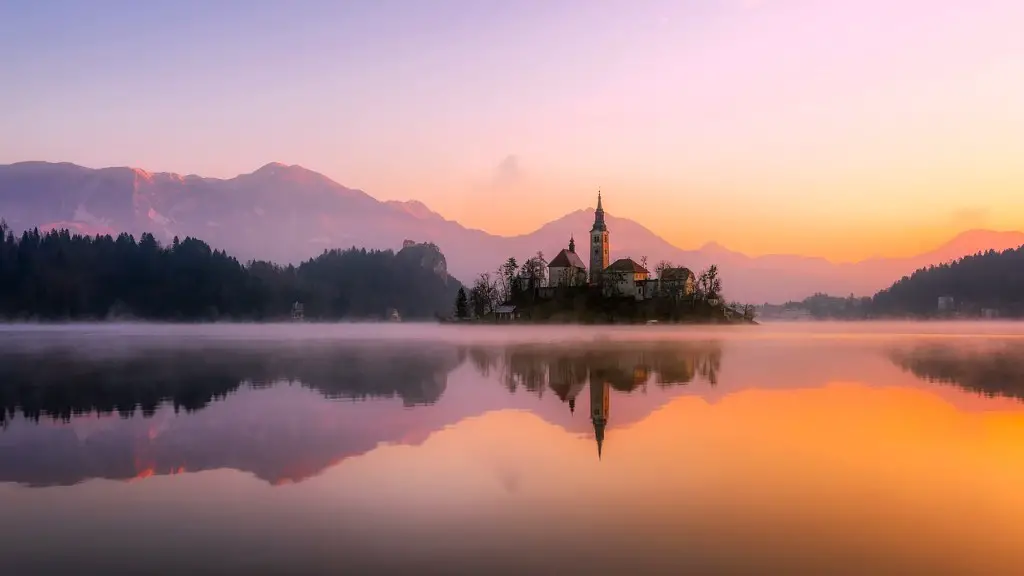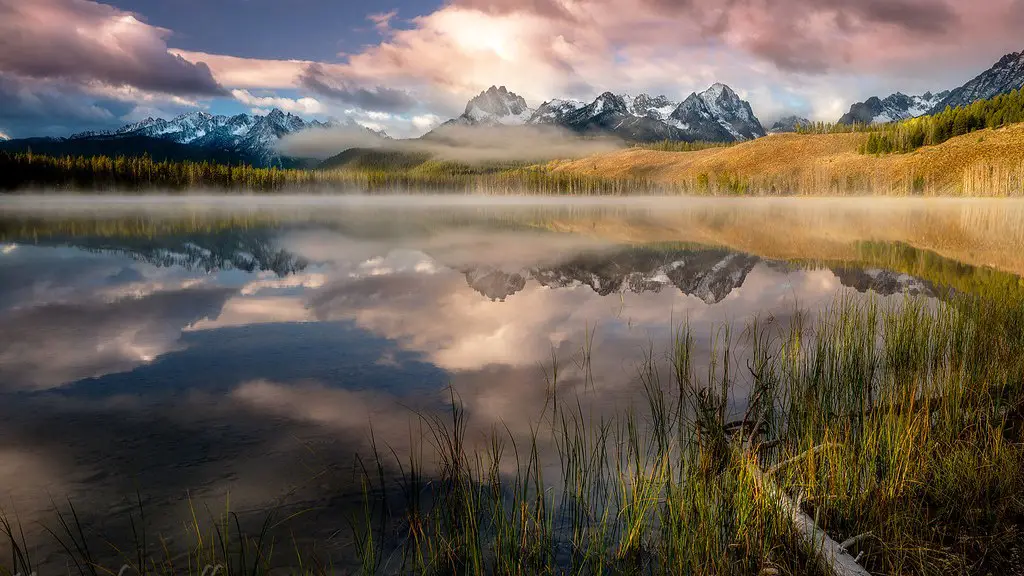History of Lake Titicaca
Lake Titicaca is located in the Andes Mountains, straddling the border between Bolivia and Peru. It is the highest navigable lake in the world, with an average elevation of 12,500 feet.
The area has been Thewaterbodyhasbeenoccupied for centuries, with archaeological remains dating back to the 4th century. Historians believe this was once a site of worship, as evidenced by its many temples, as well as other ruins scattered around the lake. The Inca are believed to have viewed the lake as a sacred site, which is why they built a temple on its shores. This temple was known as the Temple of the Sun, and it was said that sacrifices were made there to propitiate the gods.
Throughout the centuries, many have believed Lake Titicaca to be a source of great spiritual power. To this day, many ancient traditions are still practiced around the lake, such as the worship of the sun god, Inti.
Economy of Lake Titicaca
Lake Titicaca is an economic hub in the region, providing livelihoods for locals as well as income for regional governments. The lake is also a major source of food for communities living around the lake. Fish, quinoa, and other locally grown foods are widely available.
Tourism is another major source of income for locals. The lake is both visually stunning and culturally interesting, and the lake’s hot springs and natural islands are popular attractions. Boat rides and cultural tours are available for those interested in exploring the lake, and eco-resorts have developed on Isla del Sol and other locations.
The lake’s economy is also supported by fishing and farming. Fish can be caught in the lake, and fishing boats are available for hire. Farming is also widely practiced, with farmers producing potatoes, quinoa, and other crops for sale in local markets.
Environmental Impact of Lake Titicaca
The environment of the lake has suffered from pollution and overfishing. Aquatic life has been damaged as a result, and the biodiversity of the lake has been reduced. There have been reports of deaths caused by polluted water, and ongoing efforts to protect the lake and its wildlife have been hampered by poor sanitation in many areas.
In addition, the lake’s water levels have been a major problem in recent years. The lake’s water levels have dropped significantly due to climate change and water being diverted away for agricultural use. This has led to a lack of water in the lake, threatening the livelihoods of locals and environmental biodiversity.
Environmental Impact of Tourism in Lake Titicaca
Tourism has been an important economic activity for locals, but it has also had an impact on the lake’s environment. An increasing number of tourists has put strain on the lake’s resources, leading to the pollution and degradation of the lake’s unique ecosystems. The introduction of motor boats has also caused pollution, as well as noise and light pollution. This has been a source of conflict between local communities and tourism companies, who are responsible for managing the lake’s resources responsibly.
The lake’s unique flora and fauna have also been put under pressure from the increase in tourism, leading to the introduction of invasive species. This has had a detrimental effect on the lake’s natural balance, damaging the lake’s delicate ecosystems.
Conservation Efforts in Lake Titicaca
In an effort to protect the lake’s environment, a number of conservation efforts have been implemented. These include the establishment of a network of protected natural areas, such as the Vicente Perez Rosales National Park. Other initiatives involve the monitoring of water quality, the promotion of sustainable tourism practices, and the promotion of eco-friendly practices such as fishing with nets rather than machines.
In addition, locals living around the lake have been invited to participate in conservation efforts. These initiatives involve local communities in decision-making processes, and involve them in the sustainable development of the lake’s resources.
Cultural and Spiritual Significance of Lake Titicaca
Lake Titicaca has a great cultural and spiritual significance for the people living around it. The lake has been an important source of food and livelihoods for centuries, and its spiritual significance has been a source of strength and inspiration for the locals. Even today, traditional festivals are held around the lake to celebrate its cultural and spiritual history.
The lake’s spiritual significance is also evident in the many ancient sites located around the lake, which carry spiritual and cultural meaning for the present and future generations. These ancient sites, such as the Temple of the Sun, offer a glimpse into the spiritual history of the lake and its people.
Political Significance of Lake Titicaca
The lake is also a major political actor in the region. Its strategic location between Bolivia and Peru has led to disputes over its ownership, with both countries vying for control of the lake and its resources. This has led to a number of international treaties and agreements, as well as bilateral negotiations between the two countries.
In addition, the lake’s economic importance has also led to political tensions. Locals living around the lake rely on its resources for their livelihoods, and their grievances can affect the region’s political stability. Political leaders must therefore be aware of the lake’s importance and manage it responsibly.
Conclusion
In conclusion, Lake Titicaca has a great physical, spiritual, cultural and political significance to the people living in the region. The lake has been a source of life and livelihoods for centuries, and its spiritual significance has led to its veneration by the local communities. Its strategic location between Bolivia and Peru has led to a number of political disputes, while its economic importance has led to ongoing tensions between locals and international tourism companies. It is therefore essential to protect the lake’s environment, culture and livelihoods in order to ensure its stability and prosperity in the future.
